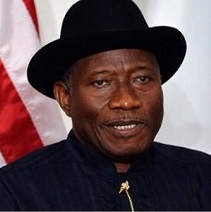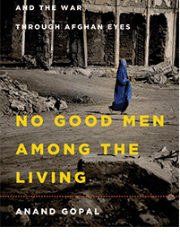
Why Don’t We Care About Congo’s Dead?
Source: Truthdig
Is it true that atrocities in Africa garner little international attention because the victims are black?
The recent kidnapping of hundreds of Nigerian girls has generated empathy and outrage worldwide, undermining such a claim. The international shame and guilt over Rwanda’s genocide, despite coming too late, also proves that global concern for African lives is not negligible. Indeed the news media often cover stories like the hunt for Joseph Kony and his exploitation of child soldiers in Uganda, the killings in Darfur, Sudan, or the armed attack on a mall in Nairobi, Kenya.


